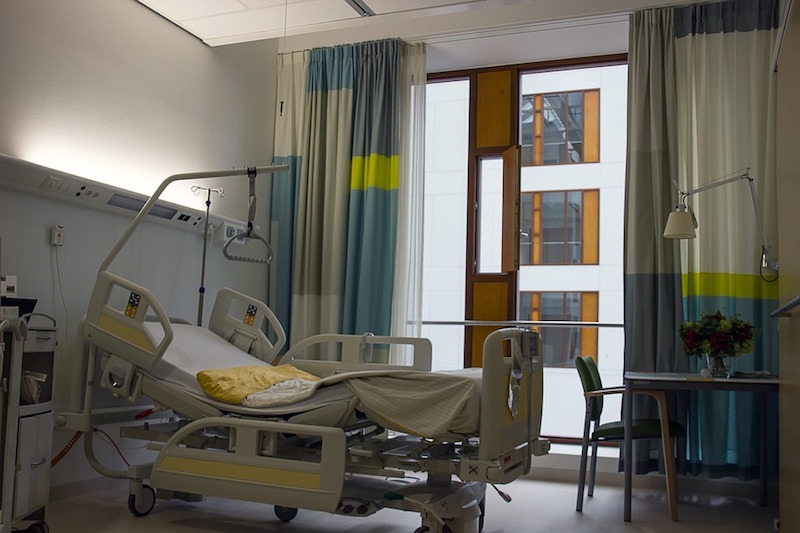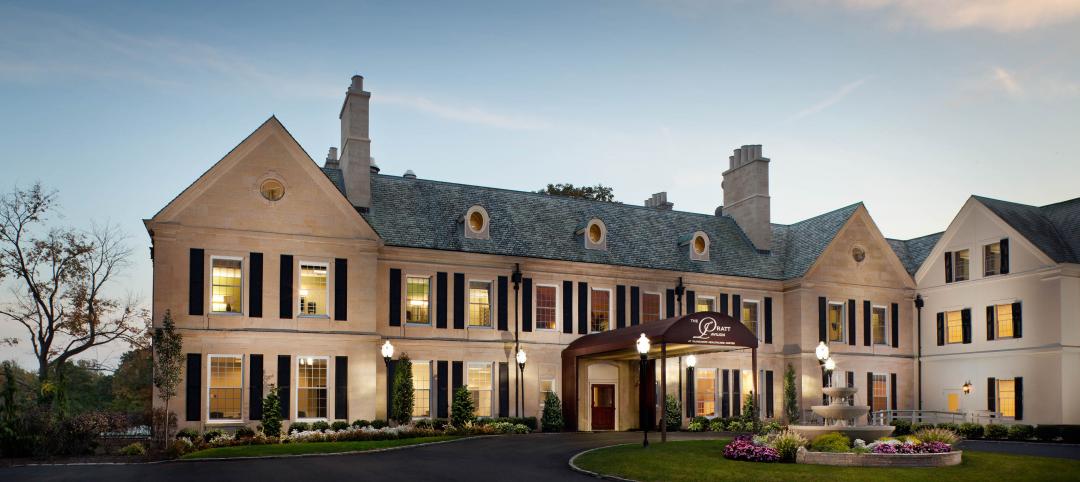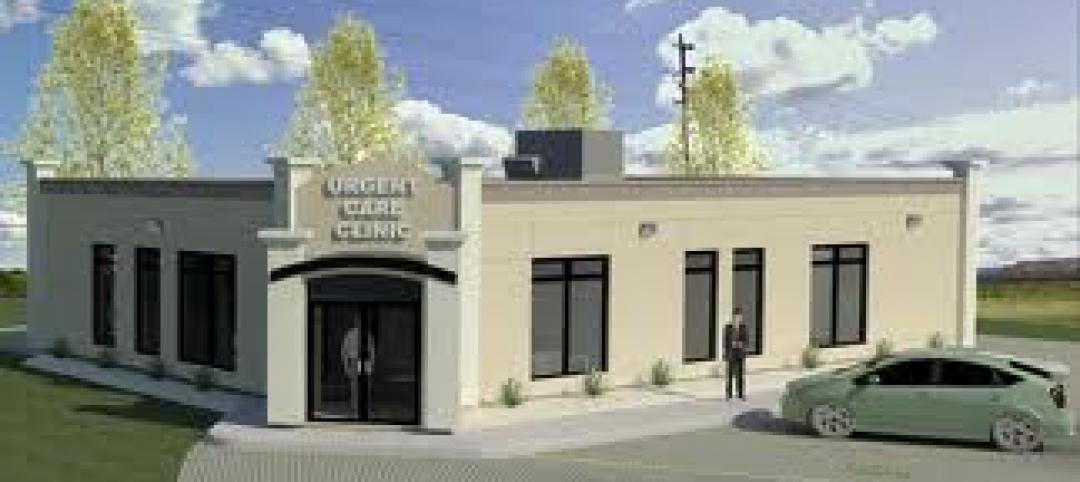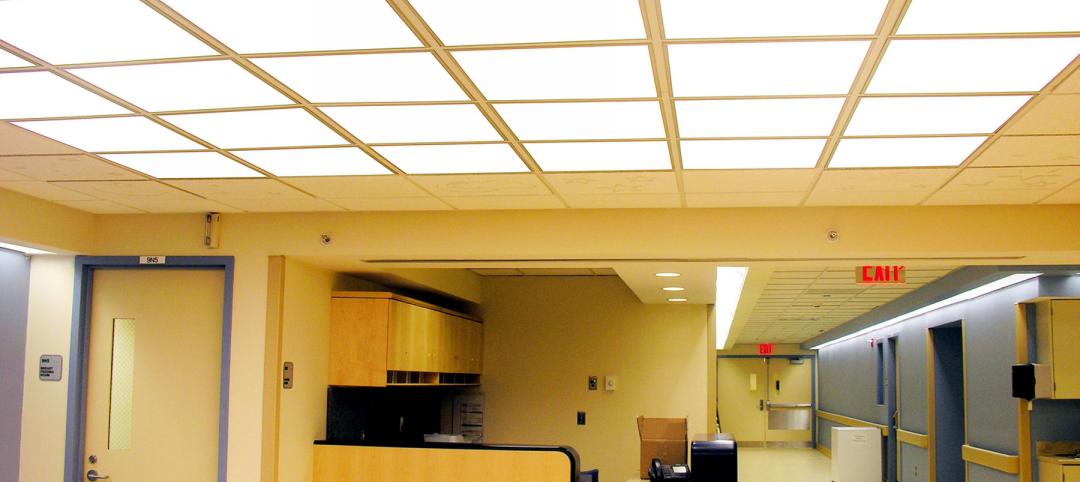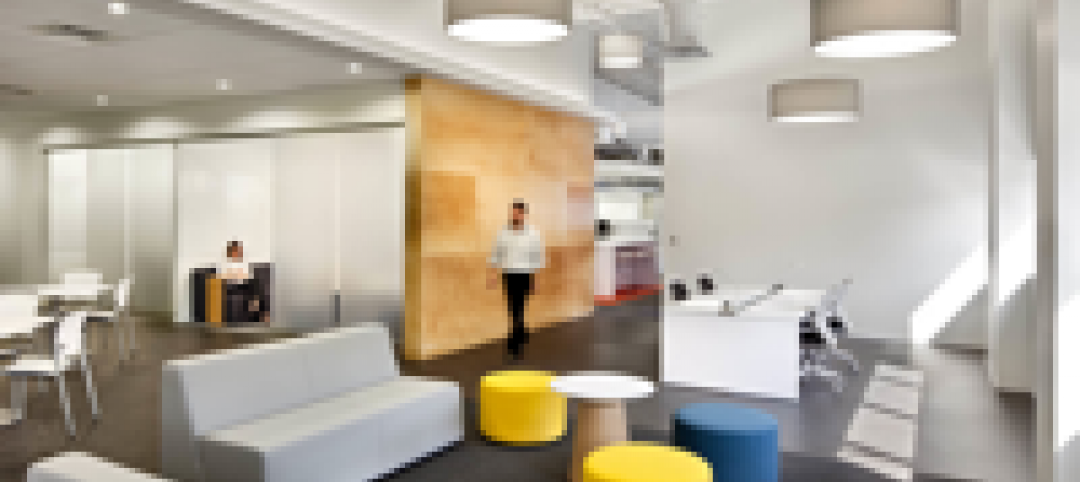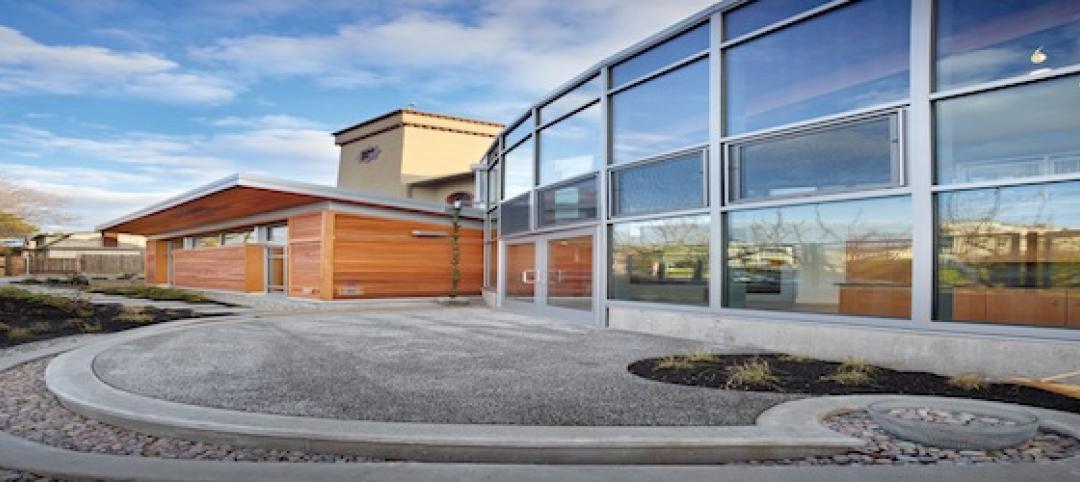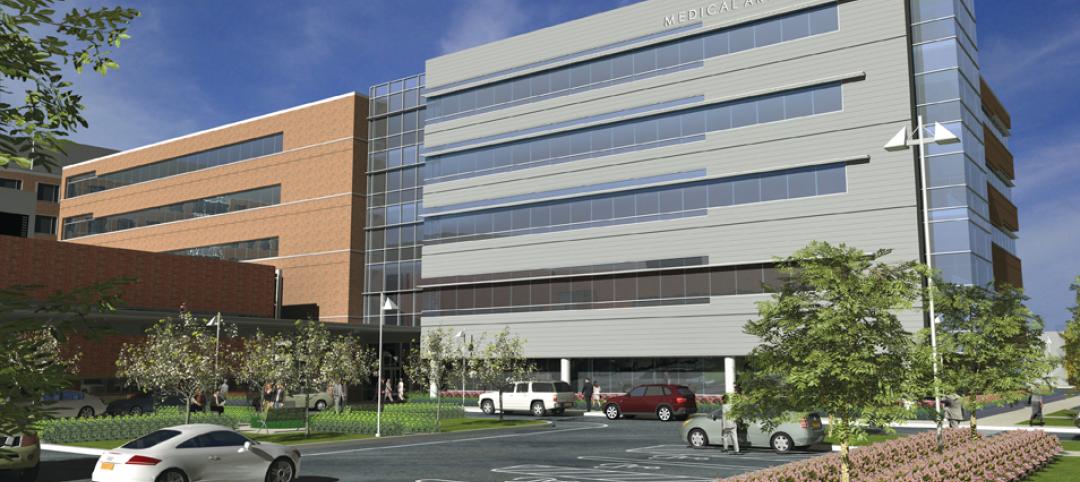New insights recently released from Steelcase Health underscore the importance of family participation during a patient’s hospital stay and highlight how patient room design can impact family experiences and influence patient satisfaction and outcomes. The company’s findings also reveal that, in most current patient room settings, many family members still have significant unmet needs.
Well-designed healthcare environments can be a powerful tool in supporting a family’s ability to meaningfully engage in their loved one’s care, but many hospitals have yet to fully harness their spaces to maximize this engagement,” says Michelle Ossmann, MSN, PhD, Director of Healthcare Environments at Steelcase Health.
Healthcare environments are often not designed to support the roles that family members play in a patient’s journey. Steelcase Health researchers identified five key issues that can affect family wellbeing and engagement in a patient room:
- Family members can be unintentionally blocked from critical communications.
- Difficult sleeping conditions.
- No place to share a meal.
- Uncomfortable hospitality environment
- Nowhere to plug in
The company’s findings show that family members need intuitive, welcoming and hosted environments that both support fundamental needs, such as sleeping, sharing meals and working, and assists them in productively partnering with clinicians to meet their loved one’s healthcare needs.
The findings from Steelcase Health bolster research on current healthcare trends such as patient and provider satisfaction as quality indicators, the focus on patient-and-family-centered-care, and the adoption of patient and family advisory boards and councils at hospitals and health systems.
For more information on the unmet needs of patient families, click here.
Related Stories
| Nov 2, 2011
John W. Baumgarten Architect, P.C, wins AIA Long Island Chapter‘s Healthcare Award for Renovation
The two-story lobby features inlaid marble floors and wood-paneled wainscoting that pays homage to the building’s history.
| Oct 20, 2011
Johnson Controls appoints Wojciechowski to lead real estate and facilities management business for Global Technology sector
Wojciechowski will be responsible for leading the continued growth of the technology vertical market, while building on the expertise the company has developed serving multinational technology companies.
| Oct 6, 2011
GREENBUILD 2011: Dow Corning features new silicone weather barrier sealant
Modular Design Architecture >Dow Corning 758 sealant used in GreenZone modular high-performance medical facility.
| Sep 30, 2011
Kilbourn joins Perkins Eastman
Kilbourn joins with more than 28 years of design and planning experience for communities, buildings, and interiors in hospitality, retail/mixed-use, corporate office, and healthcare.
| Sep 26, 2011
Energy efficient LED flat panels installed at N.Y. metro hospitals
LED Flat Panels deliver fully dimmable, energy efficient high quality lighting with even, shadow-free distribution, and excellent 85 Color Rendering Index.
| Sep 20, 2011
Francis Cauffman wins two IDA design awards
The PA/NJ/DE Chapter of the International Interior Design Association (IIDA) has presented the Francis Cauffman architecture firm with two awards: the Best Interior Design of 2011 for the W. L. Gore offices in Elkton, MD, and the President’s Choice Award for St. Joseph’s Regional Medical Center in Paterson, NJ.
| Sep 12, 2011
Living Buildings: Are AEC Firms up to the Challenge?
Modular Architecture > You’ve done a LEED Gold or two, maybe even a LEED Platinum. But are you and your firm ready to take on the Living Building Challenge? Think twice before you say yes.
| May 18, 2011
New center provides home to medical specialties
Construction has begun on the 150,000-sf Medical Arts Pavilion at the University Medical Center in Princeton, N.J.


